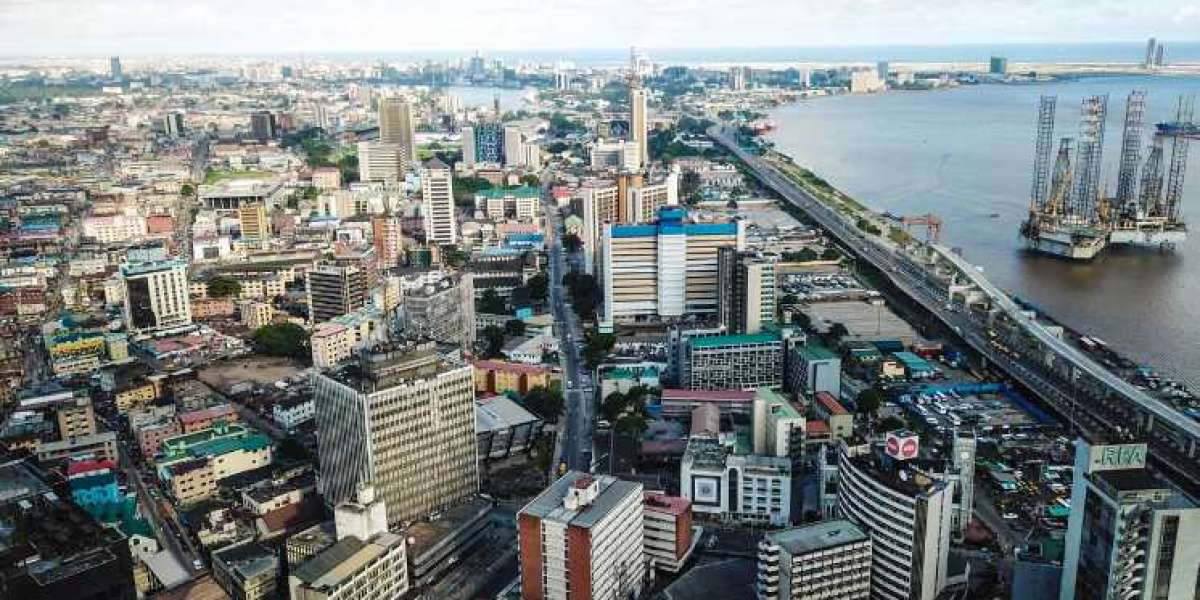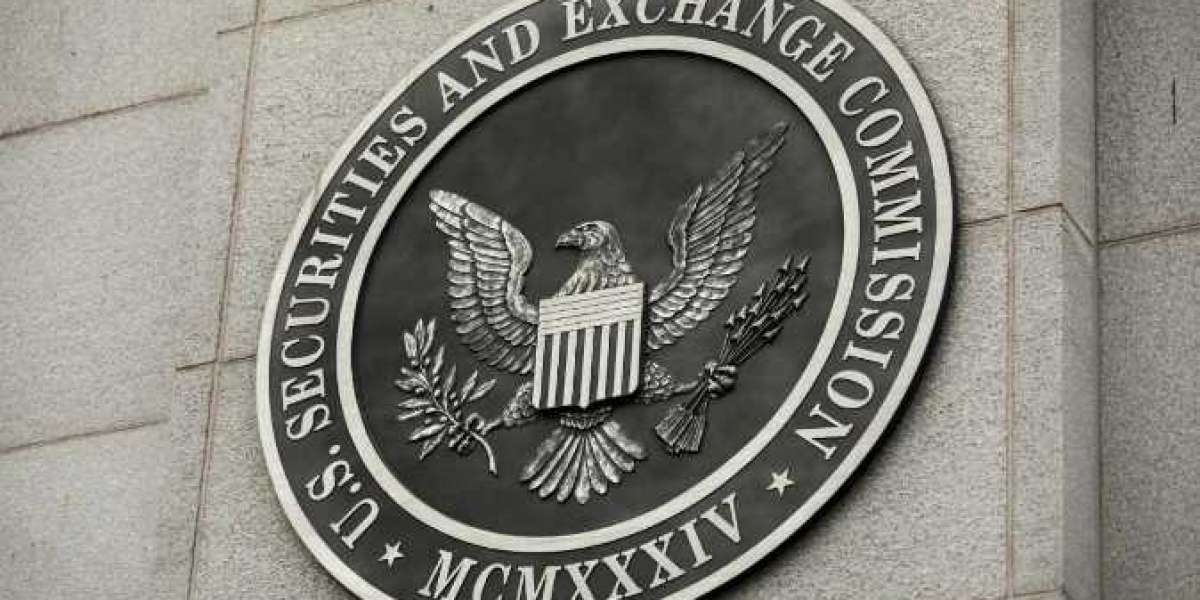The Widening Difference Between the Official Exchange Rate and That of the Parallel Market
The International Monetary Fund (IMF) has stated that the shortages of foreign currency in Nigeria, the rising inflation, and the country's limited capacity to service its debt are all contributing factors to the naira devaluation rumors. Because of this, "much-needed capital inflows," "encouraged outflows," and "constraints on private-sector investment" are all hampered.
The International Monetary Fund (IMF) reiterated its call on the Nigerian Financial Authorities to consider moving "towards a unified and market-clearing exchange rate" in the staff concluding statement of the 2022 Article IV Mission. This statement was issued by the global lender's staff. In order to accomplish this goal, the IMF stated in a statement on November 18 that the Multiple Exchange Rate System must be discontinued by the Central Bank of Nigeria (CBN).
According to recent reports published by Bitcoin.com News, the official exchange rate for the naira in Nigeria is slightly less than 450 nairas for each dollar. On the other hand, in reality, the only place many Nigerian businesses and individuals can obtain the greenback and other global currencies is on the parallel market, where exchange rates recently hit an all-time low of N900 to $1.
In addition, the final statement made by the IMF suggested that the Central Bank of Nigeria's (CBN) influence or control over foreign exchange markets ought to be limited.
According to a statement released by the International Monetary Fund (IMF), "in the medium term, the CBN should step back from its role as main FX intermediator," with the goal of "limiting interventions to smoothing market volatility and allowing banks to freely determine FX buy-sell rates."
Nigeria is not meeting its targets for the inclusion of more people in the financial system.
The global lender commends the Central Bank of Nigeria (CBN) in its concluding statement for tightening liquidity and reducing "inflationary pressures through increasing the monetary policy rate (MPR) by a cumulative 400 basis points." This is despite the fact that the lender has voiced its concerns about the policy governing Nigeria's exchange rate. When prices are rising at an unsustainable rate or when economic expansion is taking place at a rapid pace, central banks will frequently adopt a more restrictive monetary policy.
However, in the statement, the IMF mission insisted that overall conditions continue to be accommodating. This is because Nigeria's monetary policy rate (MPR) of 15.5% is lower than the inflation rate, which reached its highest point of 21.1% in October. According to the mission statement of the international lender, the funding for the country's budget and the central bank's "directed lending schemes continue to drive strong monetary expansion."
Concerning the country's level of financial inclusion, the IMF mission reported that Nigeria "continues to fall short of its inclusion targets, particularly in access to financial products." Nevertheless, the mission applauded the CBN's plan to introduce a regulatory sandbox for the financial technology industry. In addition to this, it urged the relevant authorities to "provide more targeted training in the use of financial products and extend the e-naira further to the unbanked population."
Register your email address on this page to have a weekly summary of the latest news from Africa delivered to your inbox:
I was wondering what your thoughts were on this story. Leave a comment below telling us what you think about it and we'll take a look.



